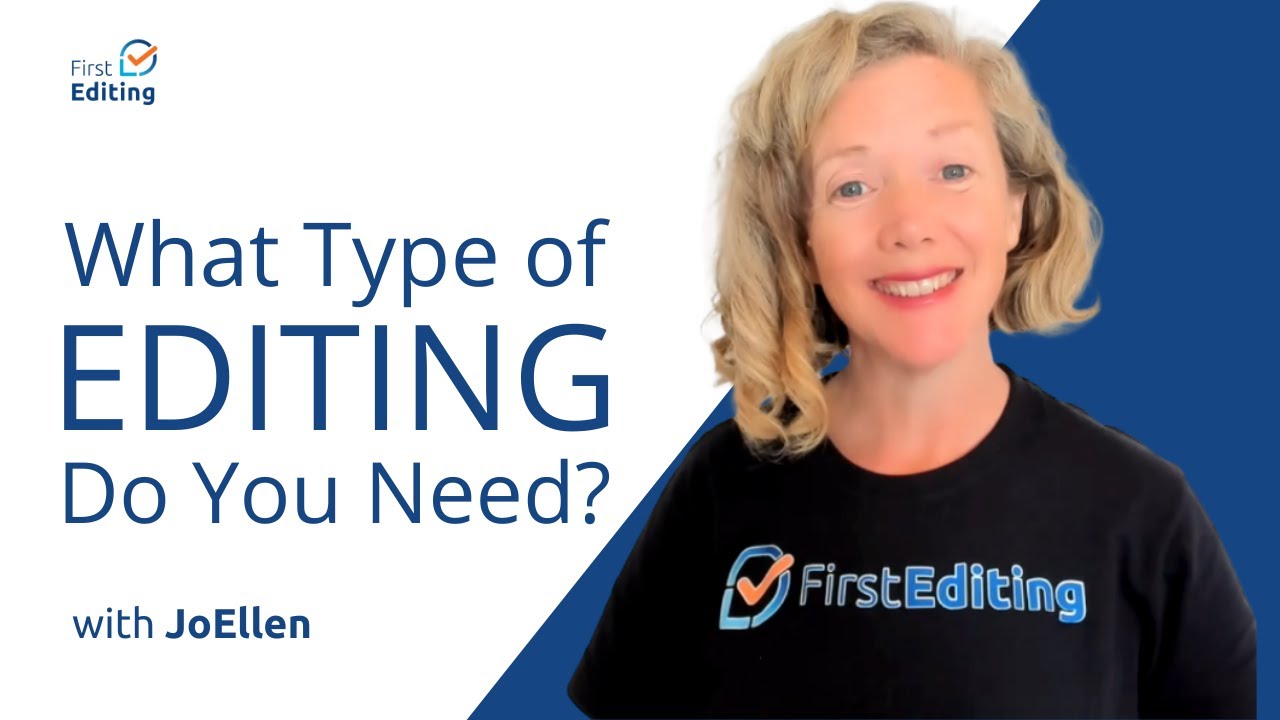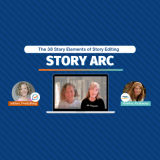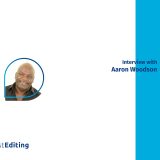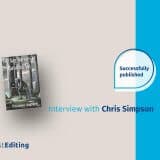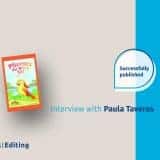
No one will argue that the writing journey from book idea to print can be daunting. However, it might not be as challenging as one might think—especially if you have a plan for what you will write, you line up a reliable editor, and you know how to look for a publisher.
Once you know the topic of your book, there are different ways to approach the writing. Some authors work best with an outline, while others jump right in and just let the words flow. As a professional editor, my advice is to do whatever works for you. Of course, if it’s non-fiction, you will likely have to do some research before writing.
The next step toward publishing your work is to use some basic computer tools to help you do preliminary things before handing it off to a professional editor. The most commonly accepted word processing program in the publishing business is Microsoft Word. There are versions for personal computers and Macs. The software has the same options, such as spell-check, grammar check, and a dictionary. The preferred font type and size is Times New Roman, 12-point. Save your work in a .docx format. There are also some online references you can use that will help you submit a more prepared manuscript, such as the Purdue Online Writing Lab at http://owl.english.purdue.edu/owl/resource/747/01/ or the Modern Language Association at http://www.mla.org/.
Getting Your Book Published
When your fiction or non-fiction manuscript is ready to go, the next step is to hire an editor. This is crucial, no matter how skilled a writer you are. Just about every book you see in Barnes & Noble had an editor at one point. Your editor will see things you’ve missed, whether it’s a misplaced comma or commentary on a character that isn’t living up to his potential. Publishing is a tough nut to crack; let your editor increase your chances of seeing sales. For the pennies or dollars it takes per page (depending on the document), every invested cent is worth it. The professional editors at FirstEditing.com have the expertise to help you in any area of editing. You may just need a final set of eyes to catch the typos, which spell-check will not always find. For example, what if you write, “I loved her, goo” instead of, “I loved her, too”? It will not flag “goo” because it’s a word. Or, you may want a deeper edit, where your editor will look at pacing, characters, syntax issues, plot, or flow.
My last piece of advice? Take each step toward publishing your work seriously. Do the best writing job you can, and use the basic computer tools available to you. Hire an editor, and make any final tweaks before submitting. Good luck!
Originally posted 9/5/2010 and happily updated 10/28/2017. Thanks for reading!




